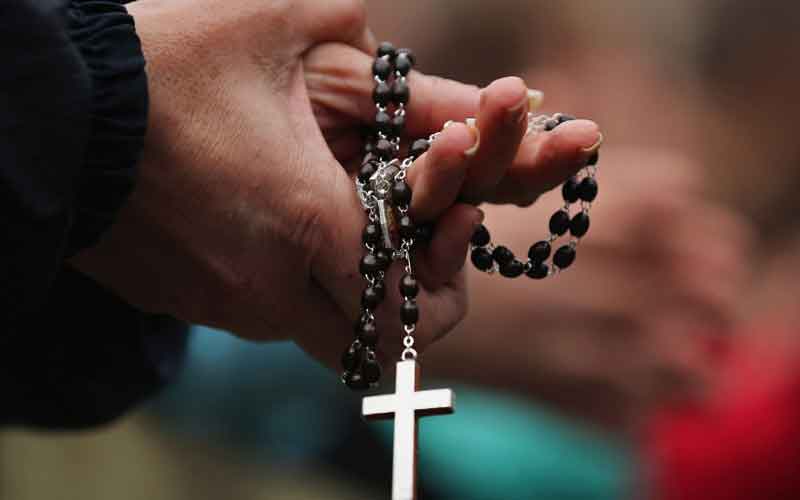What are the property rights of Christians in India?

The property rights of Christians in India are governed by India Succession Act, 1925. Over 28 million people in India follow the faith which is only 2.3% of the complete population of India. Previously, Christians in Kerala Travancore followed a specific set of their own rules while Christians in Pondicherry took the French rules. The Christians in Cochin had their own rules while those in various parts of Daman and Diu and Goa followed the Portuguese rules. Later, these were repealed and Indian Succession Act 1925 is binding to all. However, some of the Christians still follow their own customary laws.
Here are some of the facts that one should take note of:
On equal footing
The Christian law of succession and inheritance is similar to men and women. The property of a person is treated as the self-acquired irrespective the mode of acquisition during one person’s lifetime, none can contest for it.
Mode of succession
When the deceased leaves behind a widow and a child, one-third of the complete property shall go to the widow and the two-thirds to be divided among the legal heirs.
If deceased has no child or grandchildren but the widow survives him, one-half of property shall basically belong to the widow and another half of the property shall belong to the widow and the other half for the kindred. If there are no kindred as well as no children or the grandchildren, the complete property shall be provided to the window.
Also, if the deceased’s wife is pre-deceased but survived by children and grand-children through pre-deceased children, then the property is divided equally among these.
Share liability
If the deceased individuals have liability, say debts, it is shared in a similar ratio as the assets that move on to the heirs.
About adopted children
Unlike the Hindu law, Christianity doesn’t legally accept the adoption and thus someone who adopts the ids is just the guardian and not the parent. The child that is adopted doesn’t have any legal succession rights on the property of the guardian.
Contracts that prohibit
A widow can’t succeed to the property of the intestate (someone who has died without a will) if the valid contract, made before the marriage prohibits from succeeding the share in the husband’s property. In the normal cases, the property of the deceased devolves upon the husband/wife or upon the kindred.
Share of first and second wives
A Christian man can legally marry for the second time only after legally divorcing his wife or the death of the first wife. If he has the second wife without divorcing the first one while she is alive, the second wife or the children borne of her will certainly have no legal right to the property of the man. Otherwise, only the first wife and the kids will have the complete right to the property.
One should note here that the children of legally divorced wife do have an equal share over the property of the father as that of the second wife and her kids.
Father comes first
Among various other blood relatives, if the father of deceased individual is alive, then the complete property will go to the father. If the father of deceased individual is not alive but the mother is, the complete property will go to her only if the other blood relatives include the siblings, nephews, nieces are not alive. If the father is not alive of the deceased individual but the mother is, there are other blood relatives like brothers, sisters, nephews, and nieces, then all the blood relatives include the mother share property completely.
Not just the property
Furthermore, assets of the deceased person are divided as mentioned above. This includes deposits in the bank, jewelry, furniture, vessels, etc.






